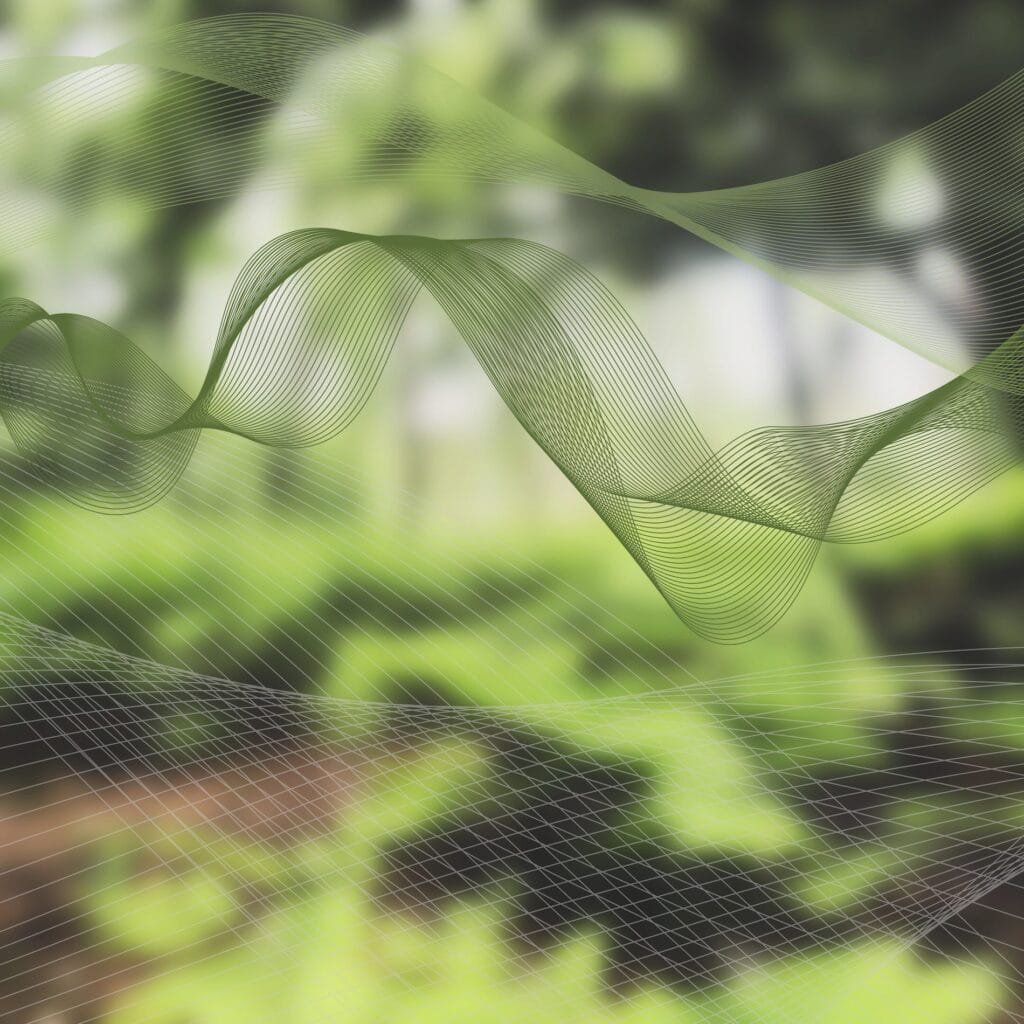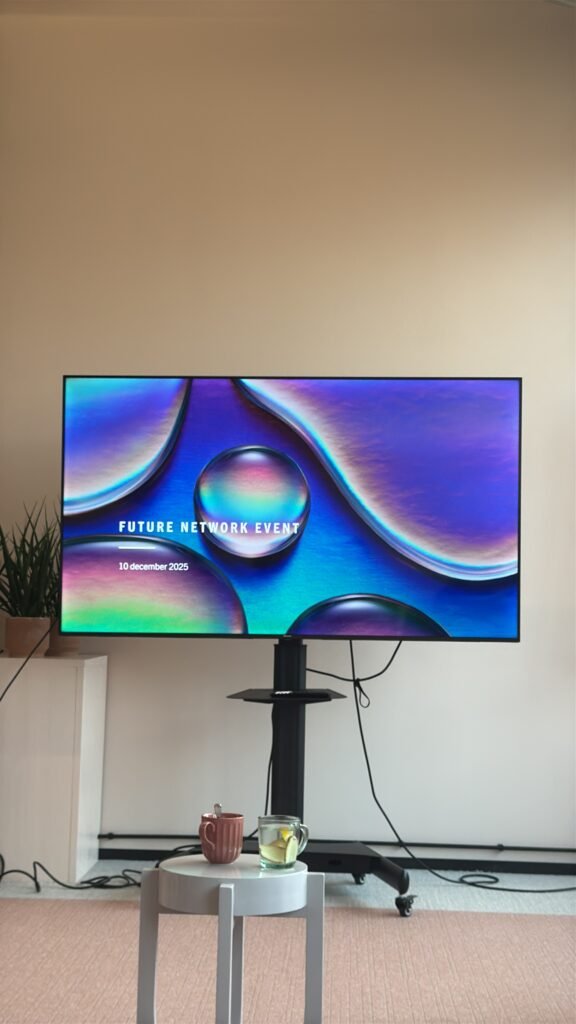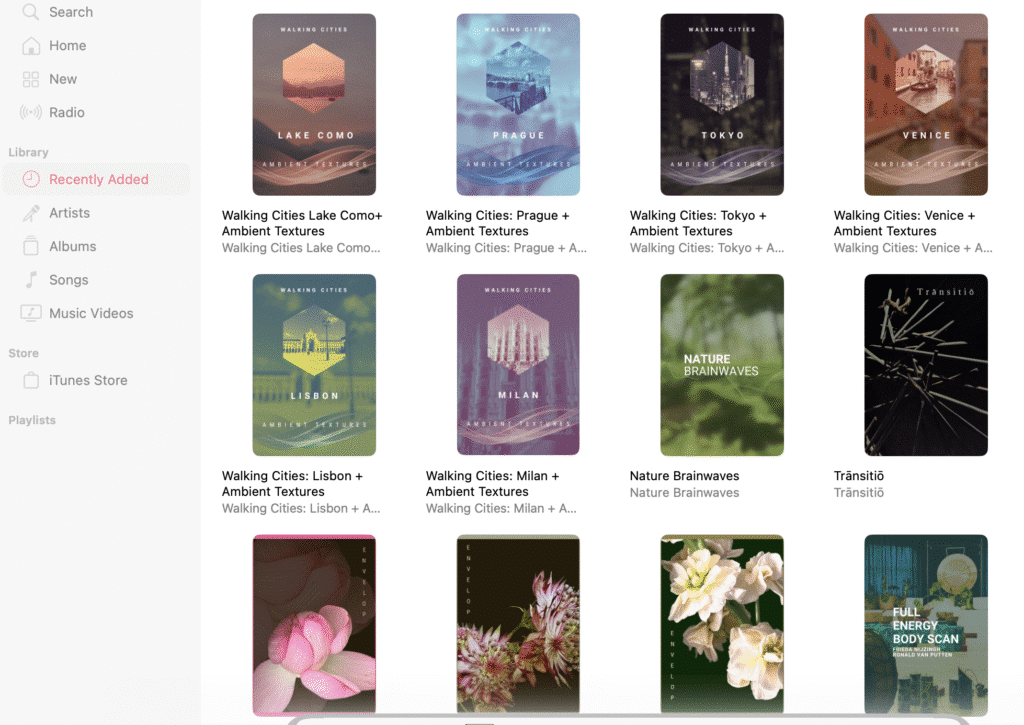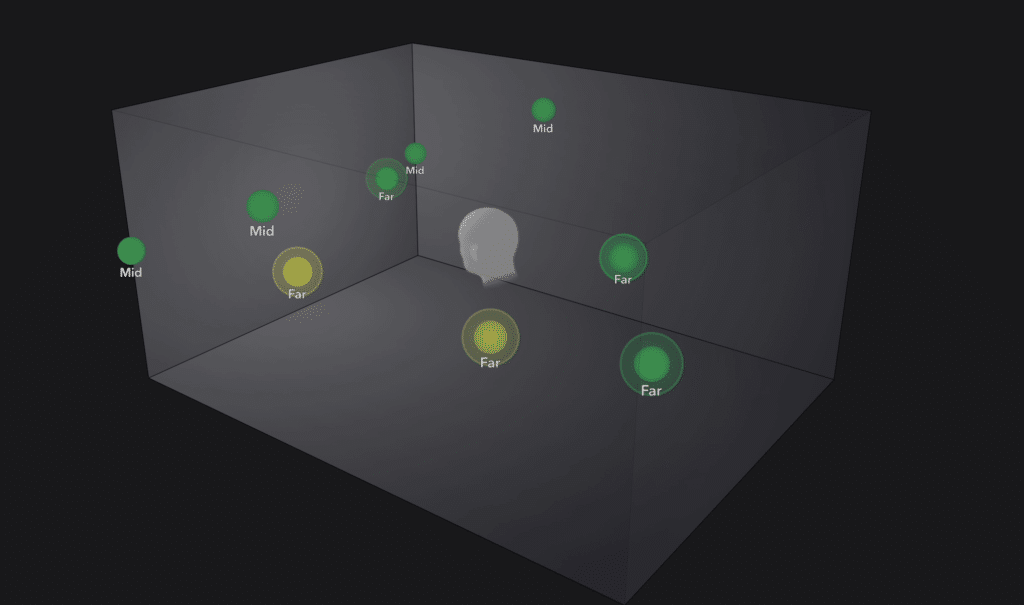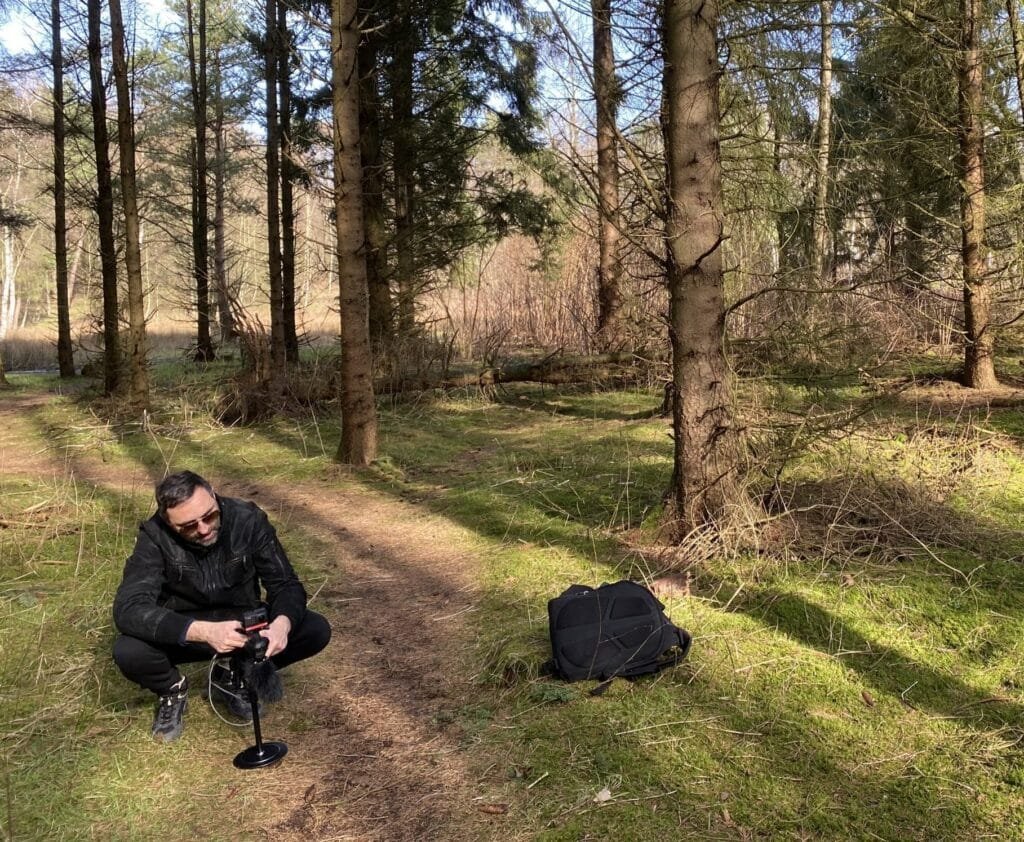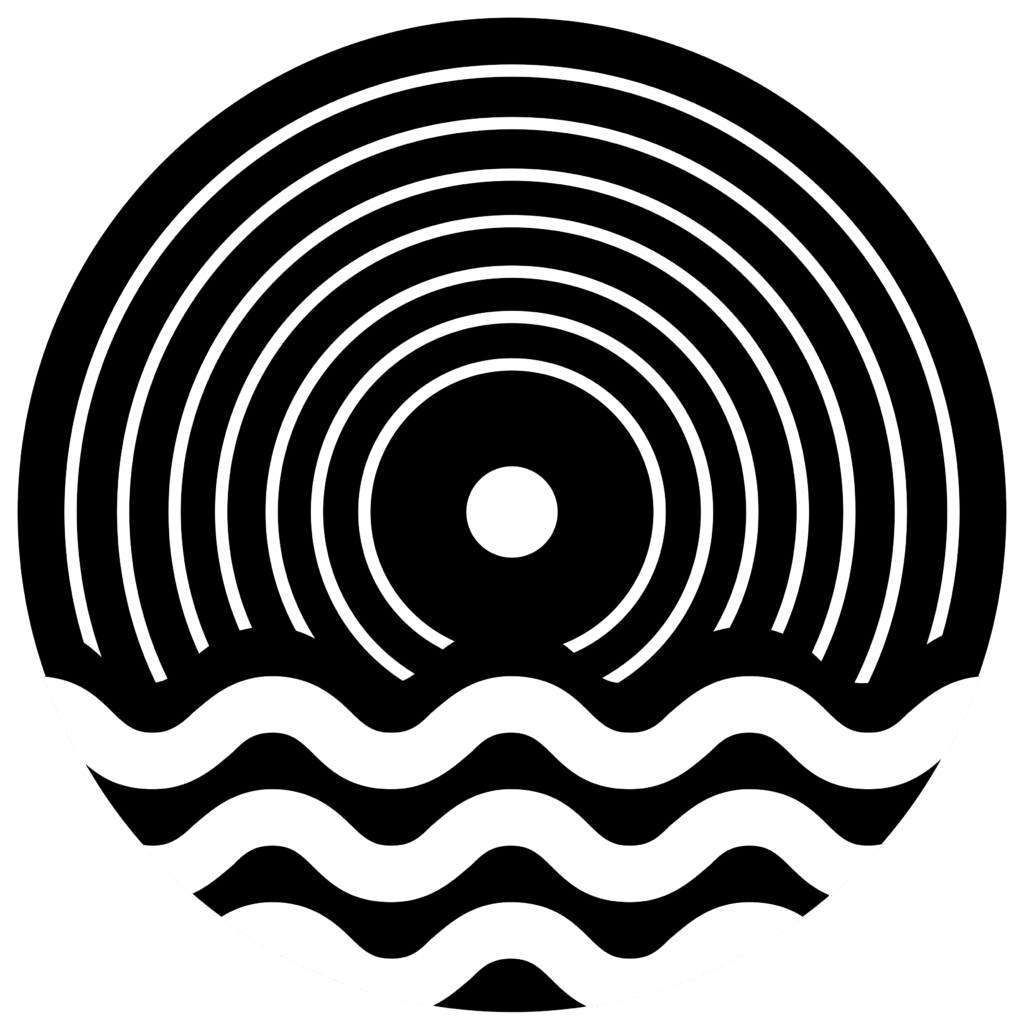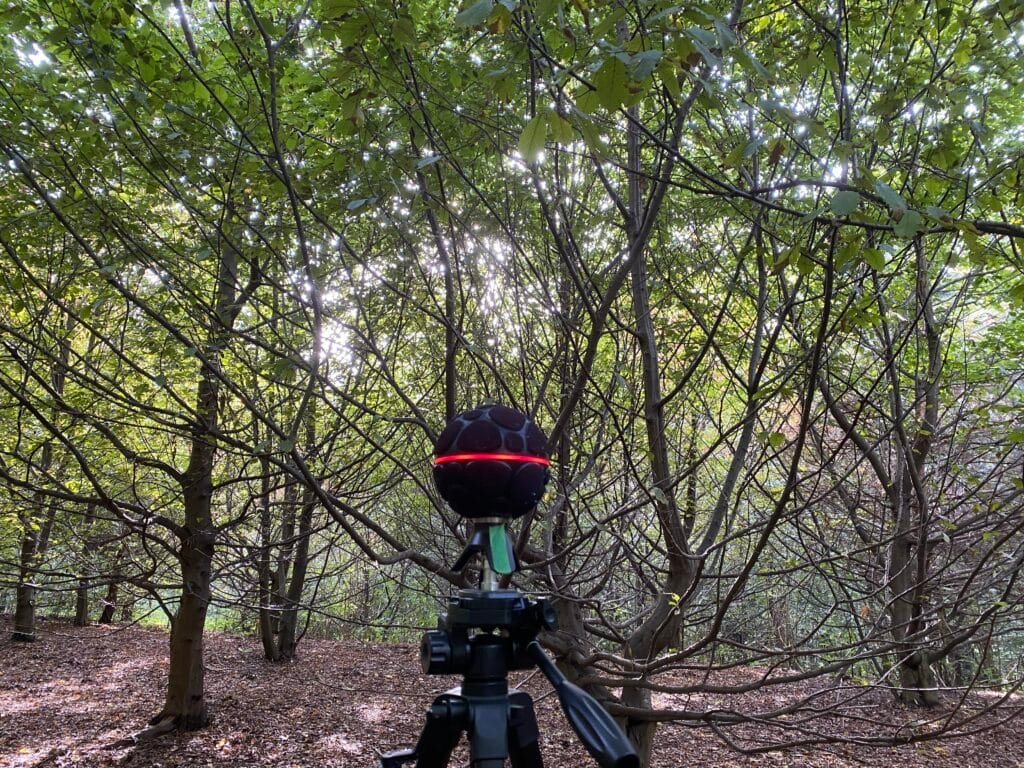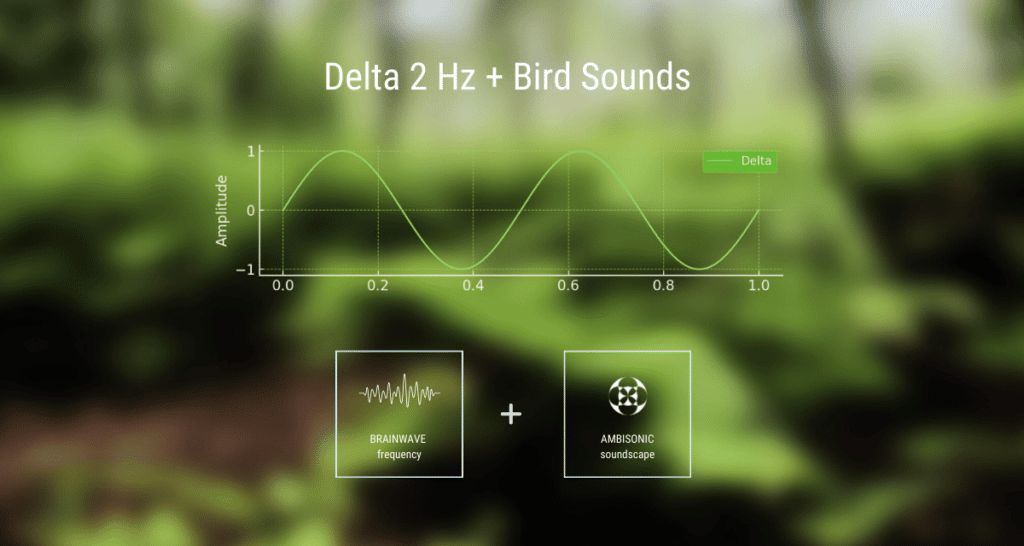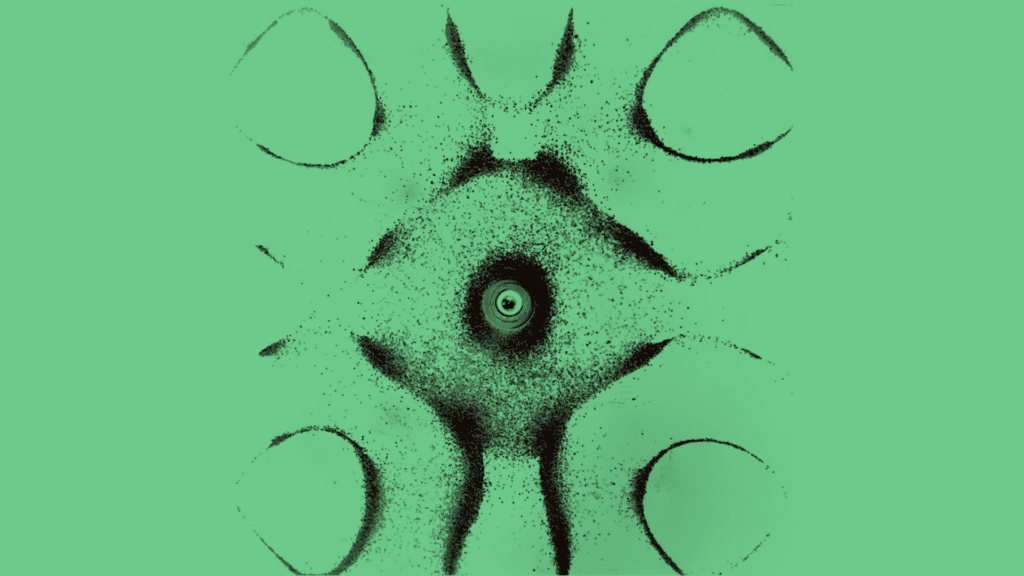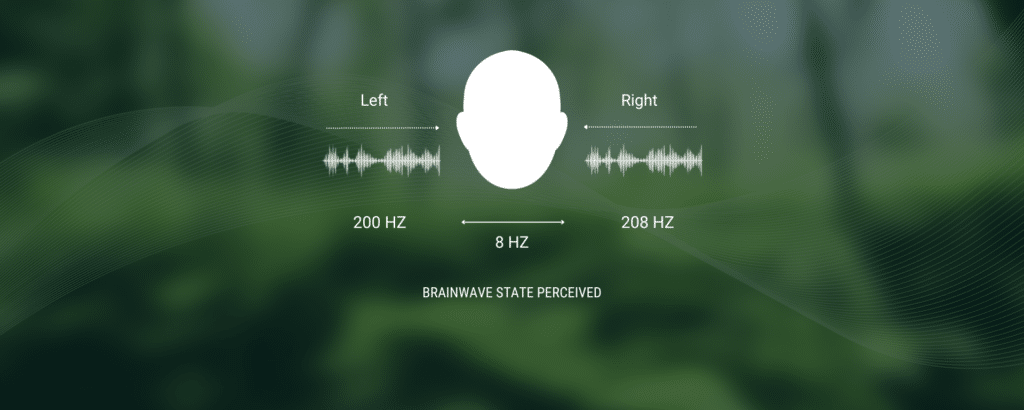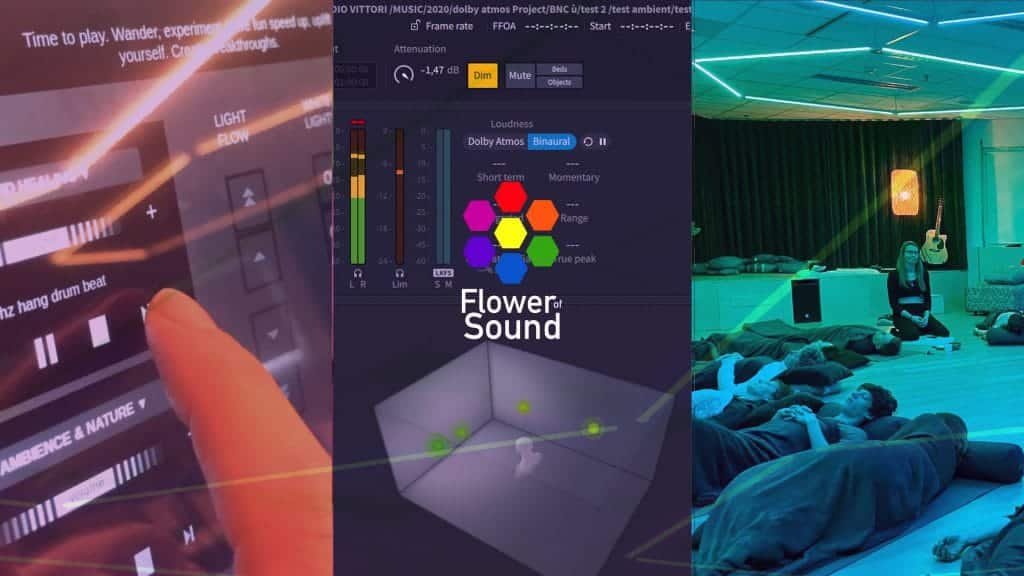In our always-on world, well-being is no longer a lifestyle choice. It has become a survival skill. Modern well-being is often centred around nutrition, exercise, and mindfulness, or, to make it concrete with Yoga, smoothies, cold baths, and saunas. But a less obvious yet powerful dimension is sound. From simply the use of immersive audio to the calming presence of nature sounds or restorative silence, our auditory environment and perspective shape how we feel, think, and connect.
Modern Well-being
Where does this term come from? We decided to dig a little deeper. The modern wellness movement traces back to Halbert L. Dunn, who coined high-level wellness in 1959, followed by John W. Travis’s multidimensional Illness–Wellness Continuum in the 1970s. Psychology added the concept of subjective well-being (Ed Diener, 1984) and psychological well-being (Carol Ryff, 1989).
Modern well-being merges these ideas of physical vitality, mental clarity, emotional resilience, and meaning. Sound or the absence of it can play an important role in it. Where you can use sound as a tool (this is why we create Sonic Tools). Below are some examples:
Immersive Audio
Unlike stereo, immersive audio envelops the listener in sound from multiple directions, aligning with how our ears and brain naturally process space. You listen like you would listen in the natural world. This alignment reduces cognitive load and can lower stress levels (source). For well-being, this means immersive audio experiences that not only entertain but help the mind reset. A bonus is that research also suggests that using surround or spatial sound can make us feel more embodied.
Nature’s Sounds
Birdsong, flowing water, rain, and the rustling of the wind in the trees are scientifically proven to reduce stress, aid recovery, and restore focus. Acoustic ecologist Gordon Hempton calls them the music of the planet, arguing they should be preserved like clean air or water. Listening to nature and connecting with nature has the power to recharge and shift our mental and emotional state. This is why we are also developing a series called Sounding Nature.
The Role of Silence
The absence of sound: silence reduces stress even more effectively than relaxing music and supports neurogenesis in the hippocampus, according to this article in the Guardian. It is said to improve focus, creativity, and emotional regulation. Yet, for many, real silence is a bridge too far. It can be uncomfortable and create the opposite desired effect: triggering restlessness or mental noise.
Bridging the Gap
This is where soft and or familiar sounds come in. Nature sounds can serve as a gentle transition into silence, offering enough auditory stimulation to soothe the mind while reducing environmental noise. For others, it is the chit-chatting of a city soundscape, the use of sound noises, binaural beats, or ambient (slow) music. Over time, regular practice deepens tolerance for and enjoyment of quiet. As the main aim is to reach inner-silence to recharge and restore ourselves.

Sonic Tools
To support modern well-being, Flower of Sound creates Immersive Sonic Tools and not just albums. We research what way certain sounds can help us feel better and create a desired mental and emotional state. The sounds we create, record, and mix in 3D audio so they can be used literally as an effective tool to obtain that specific state, or to simply mask background sounds to feel less disturbed and to be able to sleep peacefully. One of our most effective Sonic Tools is Nature Brainwaves (a mix of nature sounds and binaural beats). You can go to the shop here to try for yourself.
So modern well-being is also what we hear, or better say what we listen to, and how we listen. We can use immersive audio, natural soundscapes, and the rare gift of silence to recalibrate our nervous systems, create inner-silence, and reconnect with and restore ourselves.
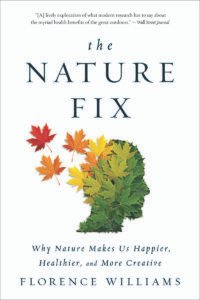
The Nature Fix: Why Nature Makes Us Happier, Healthier, and More Creative by Florence Williams



